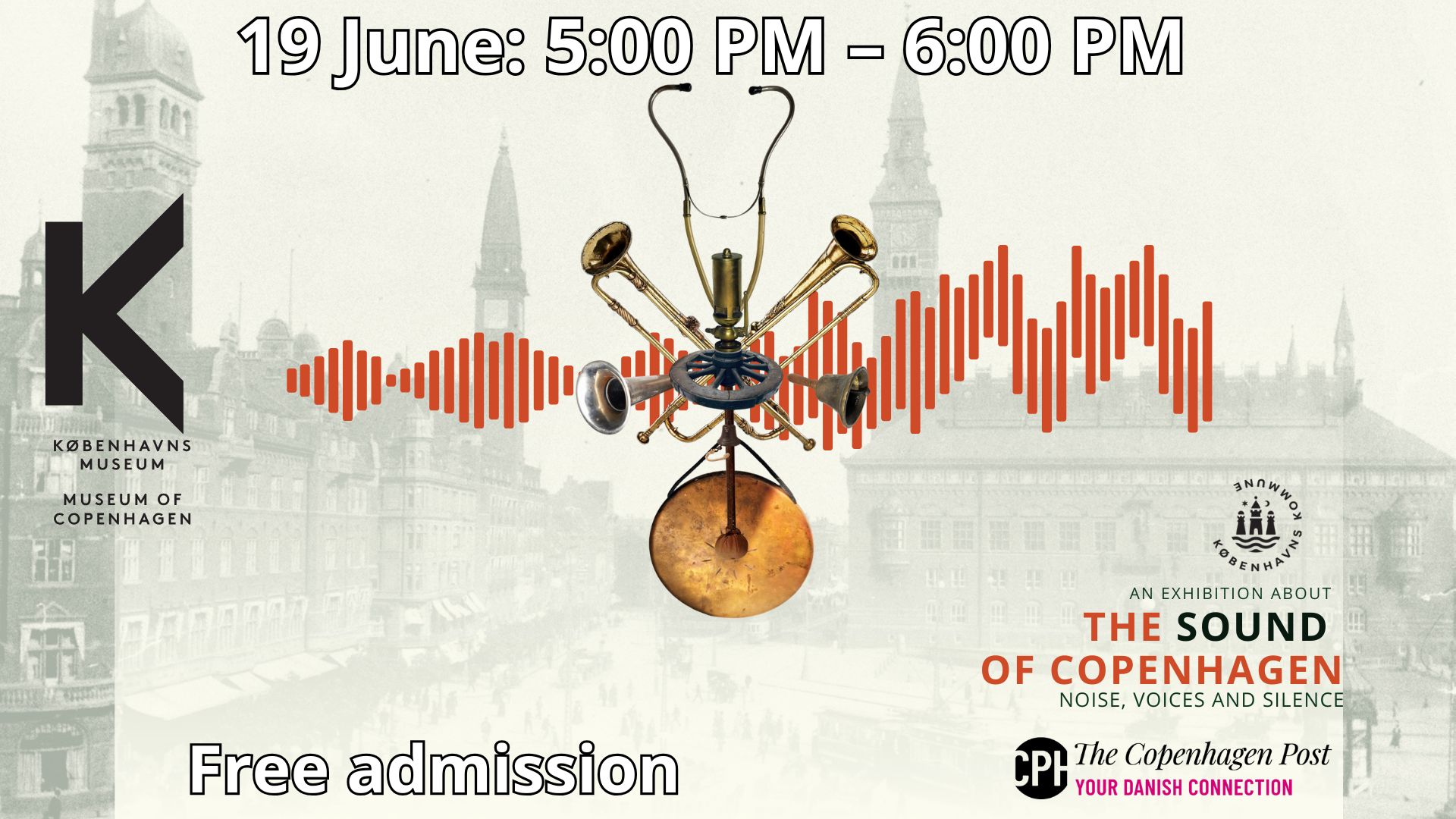Tokio Hotel took German sound global in the ’00s with hits like ‘Monsoon’.
Ahead of the band’s June 7 show at Vega, CPH POST’s Eric Maganga caught up with lead singer Bill Kaulitz to discuss his long career in the industry.
What does it take to connect with people in so many countries?
That was so surprising to be honest, when we started out we never thought … I mean, we didn’t even think we’d have success in our own country first of all. I think France was the second market – and I think the internet really helped. You know nothing that you do is only in your own country – everything is worldwide. We were one of the first bands on YouTube and I think that’s kind of what spread the word. Different countries started to follow the band.
Can you tell me when you your ‘I made it’ moment?
I remember how we were in Germany and we were booked at a festival. And they booked us in advance – a long time before, but they didn’t expect any people to come. Meanwhile our song came out and it was a massive number one hit. So many people showed up for that show, coming on stage jumping around. And we had to leave the stage. I was like: “Oh my God, something’s about to happen – our lives are gonna change big time.”
What are the best and worst things about being musicians from a small town?
The best thing is you are able to share your songs with the world and touch so many people; there are so many talented bands out there that never get the chance. To be successful there are so many things that have to be in line. I’m going to be forever grateful that we got the chance to travel the world and share the music.
And the worst part … I hate when people complain all the time because it’s truly such a great life. We grew up in the limelight and we didn’t have a lot of privacy – we got hurt by the success a little bit, crazy people following us, and Tom and I had to leave the country. But at the end of the day you have to decide what you want to do, and I always wanted to be a performer.














